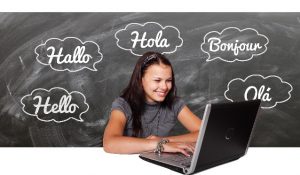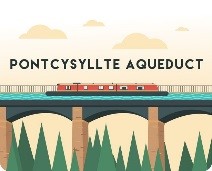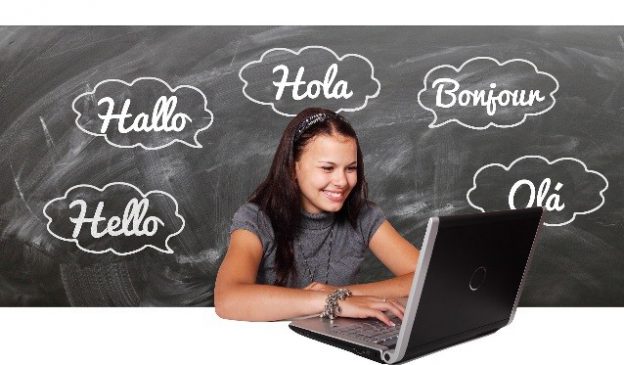It’s been a roller coaster of a journey which began in 2007 at a seminar for learning technologists.
The speaker had done some fascinating research about online learning and was giving a great presentation about it. I remember thinking ‘I could do that…’ and sketched out a PhD proposal on the back of the programme then and there.

Free images: Pixabay.com
I had been an ESOL and literacy teacher in community learning and had recently landed a job with Jisc in Wales as an eLearning Advisor. I was really interested in bilingualism and literacy, especially as part of digital capability. Community learners at the time tended to be older and predominately women. Would they face language barriers when using online services and media? What about Welsh speakers and other bilingual learners? Would they find their literacy skills helping or hindering online?
I couldn’t find any research which combined the areas of community learning, bilingualism and learning using technology so I brought it all together in my own research project. My intention was to help practitioners and policy makers by providing some evidence around how bilingual learners feel about using their languages online and what would help to make technology more accessible for them.
The twelve word title I came up with was: An exploration of community learners’ attitudes around biliteracy and learning using technology. I spent the next eight years researching, interviewing, writing, talking and thinking about it.


Emojis for Wales: now available for Apple and Android
Jisc and Swansea University supported me all the way and many colleagues and friends spent countless hours in conversations about digital capability, language evolution, literacy skills and confidence, online services and sites, emojis and icons, and issues around Welsh and minority languages and cultural identity. I couldn’t have seen it through without their support and if you are thinking of doing a part time PhD make sure you have a patient network of people around you!
I was awarded my PhD in 2016 and I couldn’t be happier. My weekends and holidays are now free and my family have got to know me again. But it was all worth it – and now I want to share some of the ideas that came out of it as part of my work on digital capability. Look out for more blogs in this series.

(You can read sections of the PhD here )
(Have a look at Jisc’s work on digital capability here )
Coming next:
- Online language – What does it look like?
- Online language – A new species of language
- Online language – How are communities using it?
- Online language – Why do we need to teach it?
- Online language – Bilingualism
- Online language – Somewhere along the line

